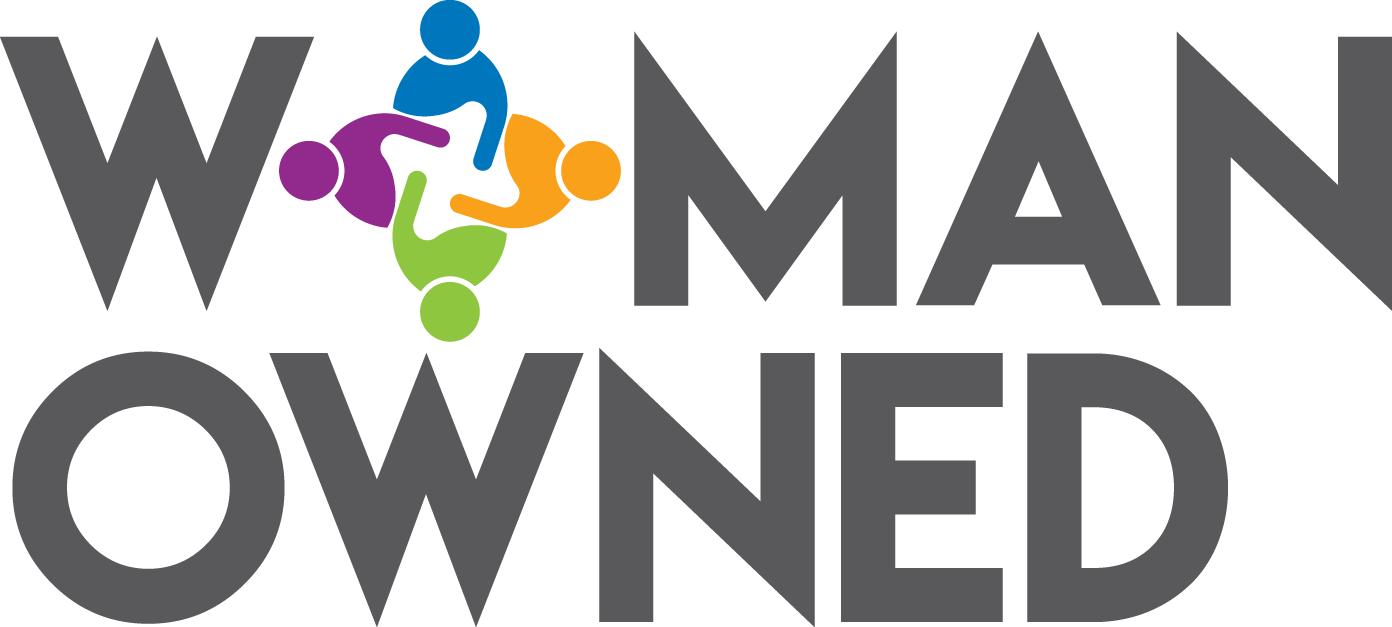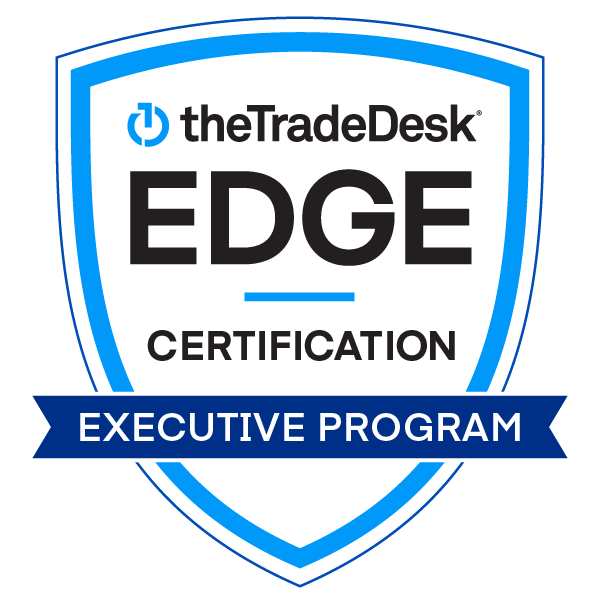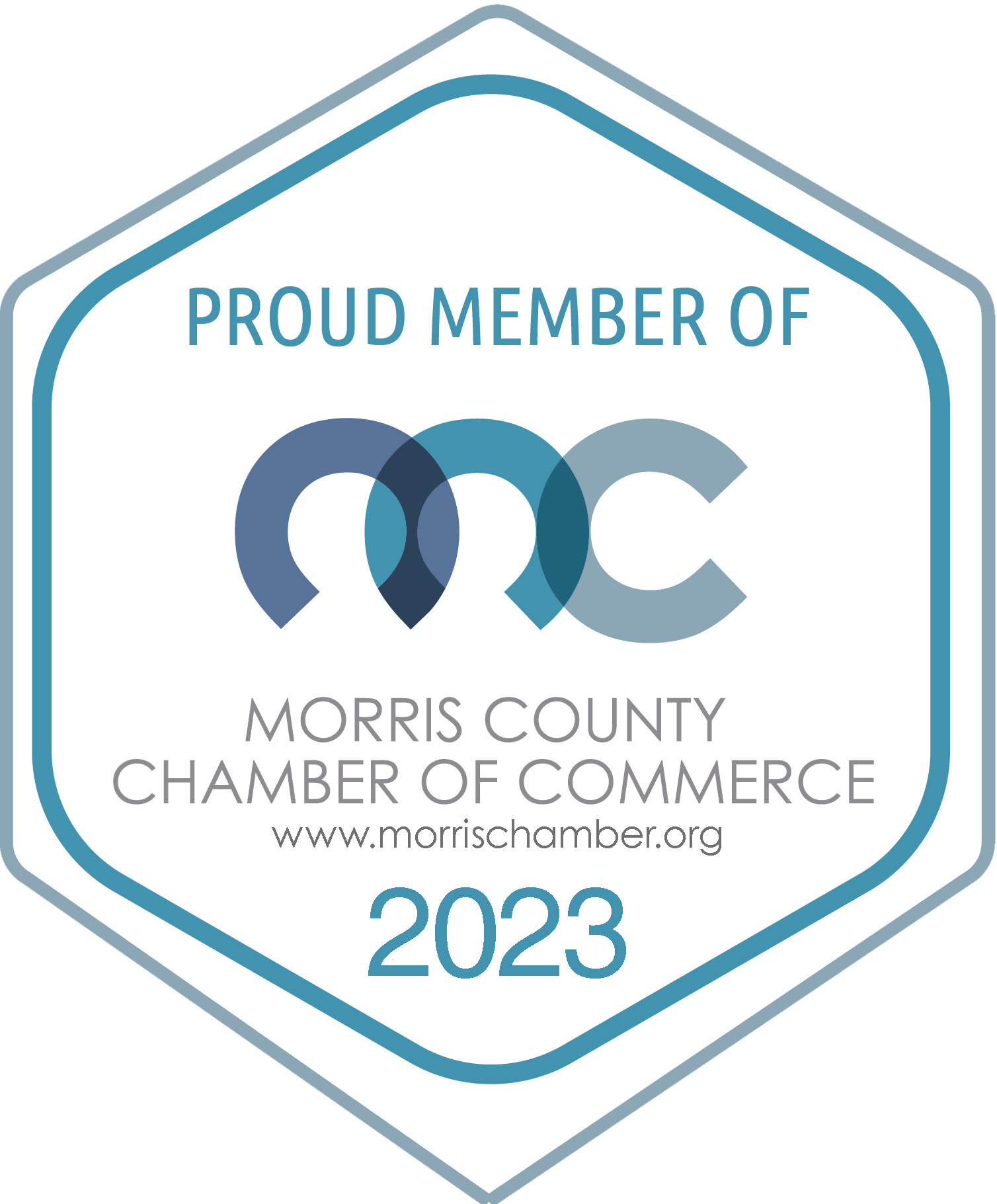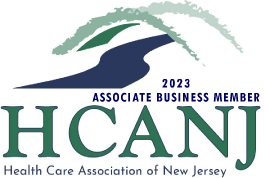The loss of life – as well as health and safety issues – remains the primary issue when talking about the coronavirus pandemic. That said, economic and societal disruption cannot be ignored. The education sector, from pre-school to our higher education institutions, finds itself in the direct path of the storm and needing to prepare for the next waves.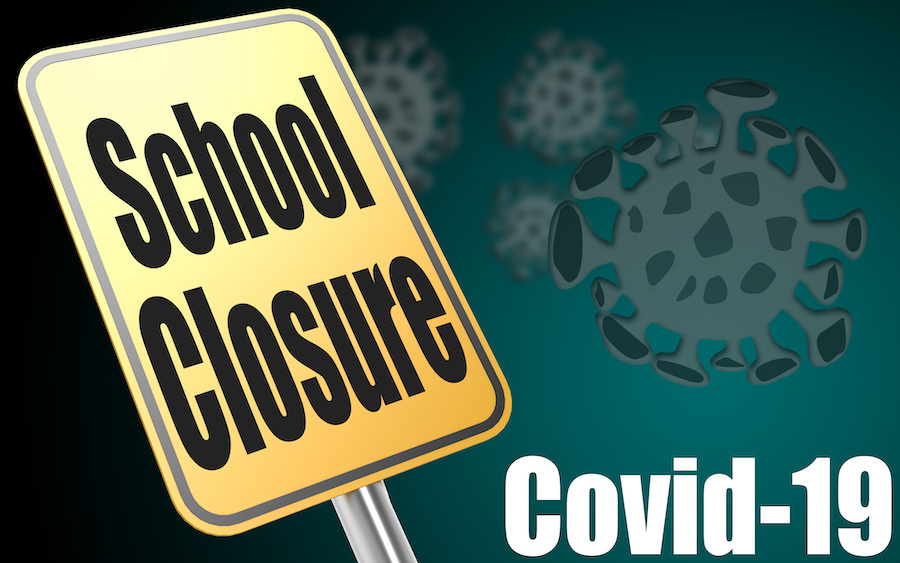

The action plans required to navigate the new-normal are extensive and detailed, and emphasis should rightly be placed on instruction and learning, technology, infrastructure, and financial considerations. None of those issues, however, will matter if schools can’t sustain meaningful relationships with their long list of publics. Parents and students are more tolerant of change and disturbances if they have trust. Educators and staff are willing to go the extra mile if they have faith. Partners and suppliers are more open-minded if they believe a school is credible. Individuals and institutions are more giving when they have confidence.
Senior educational leaders will undoubtedly spend the next few months discussing important, tangible assets that ensure the delivery of education, but how much time will be spent on intangible assets like reputation, relationships, and brand?
Important Intangible assets
Intangible assets – like reputation, relationships, and brands — will first be defined by behavior and then by communication. Every organization must accept that it operates with the permission of those it serves, including students, parents, employees, regulators, partners, and a lengthy list of others. Moving forward, every action and behavior must be focused on earning and maintaining permission and trust to operate. In the end, reputation is a simple formula: EXPECTATION + CREDIBILITY. Organizations must meet or exceed expectations and achieve credibility by doing what they say they will do in all facets of the organization, down to the very smallest detail.
When it comes to communication, every organization must fortify its antenna to become more effective at listening, and more attentive to relevant sights, sounds, and sentiments. They must accept and communicate vulnerability and values and give power to their conscience, ethics, and empathy, thus empowering others to act. They must speak clearly, consistently, and honestly across all platforms – paid, earned, shared, and owned. Communication must be systematic, process-driven, proactive, and reactive, and also reach to all ends of the organization, both internal and external, prioritizing those directly impacted first … but realizing that information spreads.
There will be bumps along the way, and some may ignite a frenzied response from the media. The industry should also anticipate government, legal, and consumer actions, along with dis-informational attacks. And all of this will negatively impact reputation and the bottom line. Schools must soon identify and cultivate third-party advocates to speak on their behalf, quickly knock down misinformation, and employ attitude inoculation or pre-bunking techniques.
When it comes to maintaining and building intangible assets like relationships and reputation, there’s no magic solution. Instead, taking appropriate steps now will ensure an organization’s ongoing viability. Bottom line: educational leaders must prioritize investment in intangible assets and the professionals who manage them if they hope to survive and ultimately thrive in the post-coronavirus world.
# # #
Related blogs:

